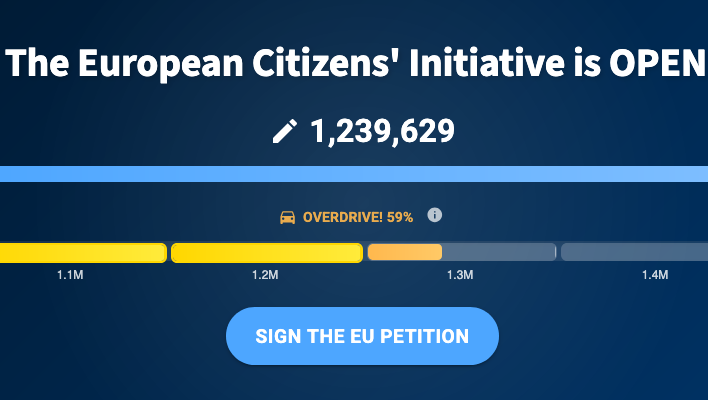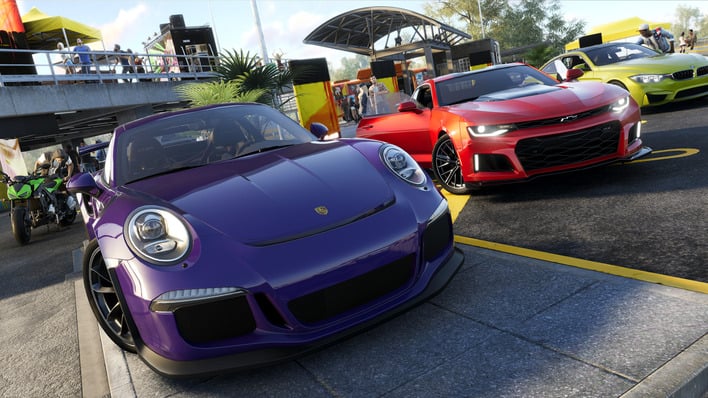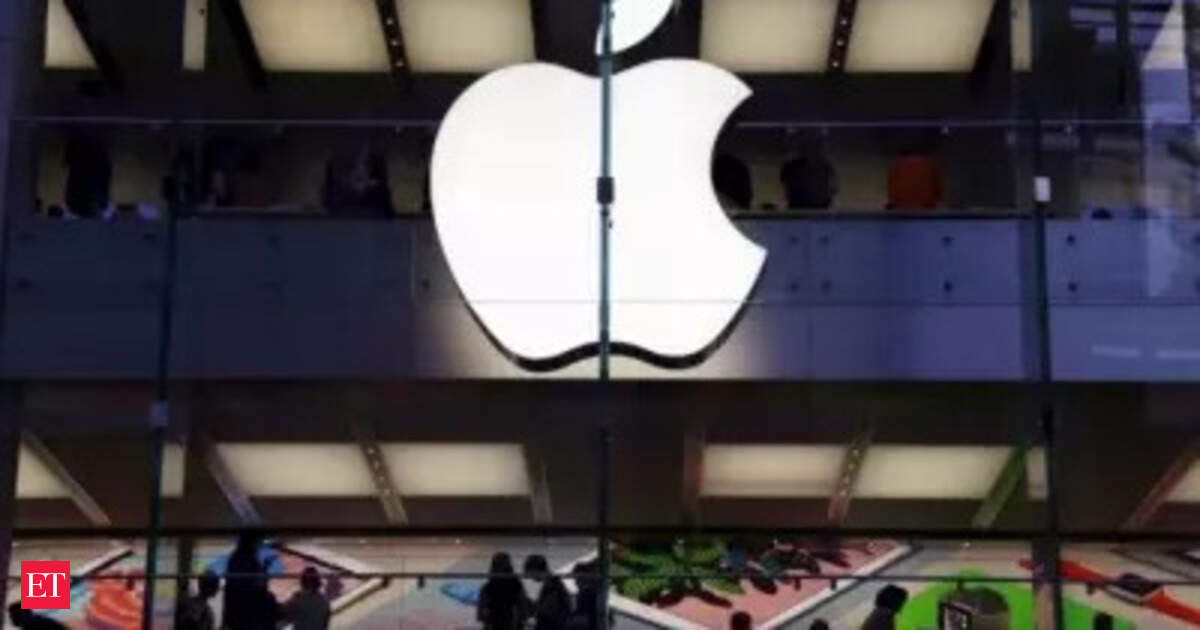Game ownership is becoming increasingly more tenuous as publishers continue to focus on digital distribution. Even a stalwart of physical game media, Nintendo, is making use of a quasi-physical solution with Game-Key Cards on the Switch 2. This reality is colliding with the prevalance of online only games, which eventually get shutdown and leave buyers hanging. But there’s a movement building that seeks to ensure access to games, with a predictable pushback from publishers.
Stop Killing Games, a movement based in Europe, looks to “challenge the legality of publishers destroying video games they have sold to customers.” The group claims that publishers are designing games in a manner that leaves them unplayable as soon as a company decides it no longer wants to support it. Leaving customers in a lurch as they can no longer access a game they’ve likely spent some amount of money on. It also makes game preservation nearly impossible.

The movement has picked up serious steam. The petition currently sits at a little over 1.2 million signatures from European citizens. The group is aiming for 1.4 million signatures as it seeks to lobby the European Union for new laws that will protect consumers. Although there have already been several lobbying efforts in countries such as France and Germany pushing for the creation of regulations to tackle this issue.
Unsurprisingly, publishers are starting to push back against this movement. A letter by the industry’s European advocacy group, Video Games Europe, laid out its arguments for why the demands of the movement are incompatible with its business model. Saying that “it will have a chilling effect on game design, and act as a disincentive to making such games available in Europe.” Adding that “It would ignore material reputational, safety, and security concerns.”
While it’s understandable that game makers don’t want to perpetually supporting games, there should be a way to make it work if players source their own servers. It’s something that has happened plenty for games available on PC. Publishers can have disclaimers pop up when a game is loaded, notifying users they’re playing a title that is not officially supported and is available as-is.
Time will tell how this all shakes out, and perhaps the movement swells beyond the borders of Europe.





